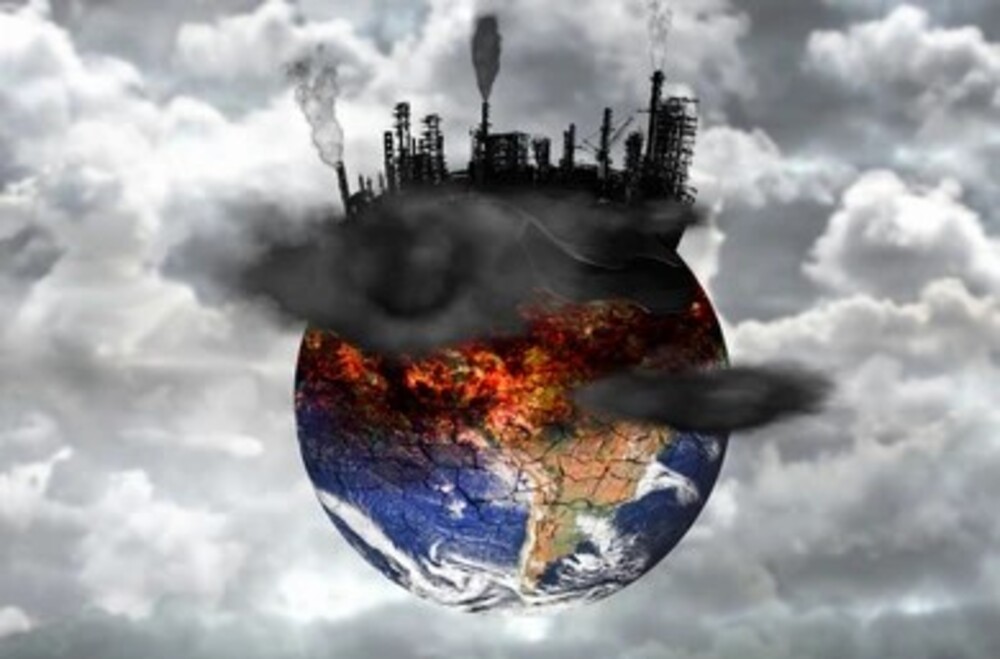U.N. Secretary-General Antonio Guterres warned on Monday that the climate time bomb is ticking and urged rich nations to cut emissions sooner, following a new scientific assessment that said there was little time to waste in addressing climate change.
He issued this stark warning about the urgent need for climate action, following the publication of a new report by the Intergovernmental Panel on Climate Change (IPCC).
In a recorded speech, he referred to the report as a “survival guide for humanity,” and he urged developed countries to commit to reaching net zero emissions by the earlier target date of around 2040.
IPCC report: A survival guide for humanity
The IPCC report, which was distilled from thousands of pages of previous assessments, summarises findings from three expert assessments. They were published between 2021 and 2022 and looked at the physical science, impacts, and mitigation of climate change. Policymakers will benefit from the summary report’s clarity. They must consider additional steps to reduce emissions.
The report reveals that the rate of temperature rise in the last half-century is the highest in 2,000 years, while concentrations of carbon dioxide are at their highest in at least 2 million years. According to the IPCC, emissions must be cut in half by the mid-2030s if the world is to have any chance of keeping temperature rise to 1.5 degrees Celsius (2.7 degrees Fahrenheit) above pre-industrial levels, a key target enshrined in the Paris agreement.
What if do not cut emissions?
The consequences of not cutting emissions could be catastrophic for the planet and its inhabitants. The report by the Intergovernmental Panel on Climate Change (IPCC) warns that the world could experience more frequent and severe extreme weather events such as heatwaves, floods, droughts, and storms. This could lead to widespread crop failures, food shortages, and water scarcity, which in turn could trigger mass migrations and social instability.
Furthermore, the report highlights the growing risk of irreversible “tipping points” that could trigger sudden and catastrophic changes in the climate system, such as the collapse of the West Antarctic ice sheet, which could cause sea levels to rise by several meters.
If emissions continue to rise, the Arctic could be ice-free by mid-century, which would have profound consequences for ecosystems and human societies in the region. It could also accelerate the release of methane from permafrost, a potent greenhouse gas that could further exacerbate climate change.
Climate change caused by emissions already affects us
Moreover, the report warns that climate change is already affecting human health, with heat-related illnesses, respiratory diseases, and infectious diseases on the rise. The most vulnerable populations, such as the elderly, children, and people living in poverty, are at the greatest risk.
To avoid these catastrophic outcomes, the world needs to take urgent and decisive action to reduce emissions and transition to a sustainable, low-carbon economy. This will require significant changes in energy systems, transportation, buildings, and industry, as well as a shift towards more sustainable agriculture and dietary patterns. The window of opportunity to limit global warming to 1.5°C is rapidly closing, and every year of inaction makes the task more difficult and costly.
We can still secure a liveable, sustainable future for all if we act now, according to IPCC Chair Hoesung Lee.
Climate justice for poorer countries is a contentious issue
The major points of contention, according to observers, were the language surrounding finance and the projected effects of climate change, as well as the issue of “equity” and climate justice for poorer countries. Some governments also wanted to give more prominence to their own favored climate solutions, including solar power or carbon capture.
The IPCC report also highlighted the growing urgency of the climate crisis. To current trends, the planet is on track to warm by 3.2 degrees Celsius by the end of the century. And temperatures could rise by at least 2.2 degrees Celsius even if meeting existing pledges. Average temperatures are already 1.1 degrees Celsius higher than they were between 1850 and 1900, fueling more extreme weather events around the world.

